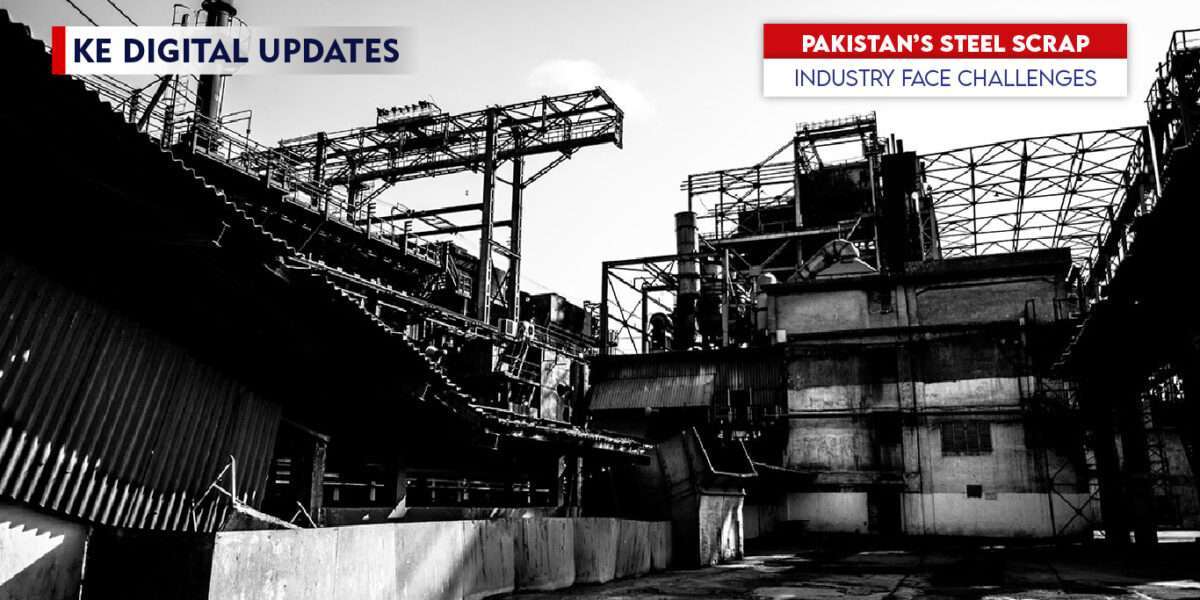Published on 26 June 2024
The steel industry in Pakistan is navigating several challenges, including disruptions in trade and rising freight costs. Let’s delve into the key factors impacting the market.
1. Import Slowdown
A Lack of Trade
Pakistan’s imported ferrous scrap market has experienced a slowdown. Factors contributing to this include:
- Reduced Trade: Trade disruptions from markets like the UK and UAE have affected the flow of ferrous scrap into Pakistan.
- Freight Prices: Growing freight prices have further impacted imports. Shipping costs for a 20-foot container from the UAE to Port Qasim have risen by $8 to $10.
2. Upward Price Trend
Taxation and Budgetary Measures
The steel market is witnessing an upward price trend due to:
- Increased Taxes: The recent budget introduced higher taxes and charges, affecting the overall cost structure for steel manufacturers.
- Domestic Scrap Prices: Currently, scrap prices in the domestic market range from PKR 148,000 to PKR 150,000 per ton.
- Rebar Costs: Reinforcement bar (rebar) prices are in the range of PKR 250,000 to PKR 252,000 per ton.
Conclusion
Despite challenges, Pakistan’s steel industry remains resilient. Stakeholders closely monitor global trade dynamics and adjust strategies to navigate these uncertain times.


